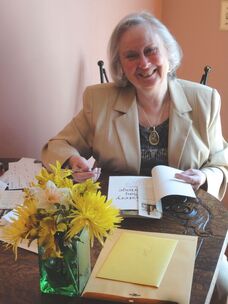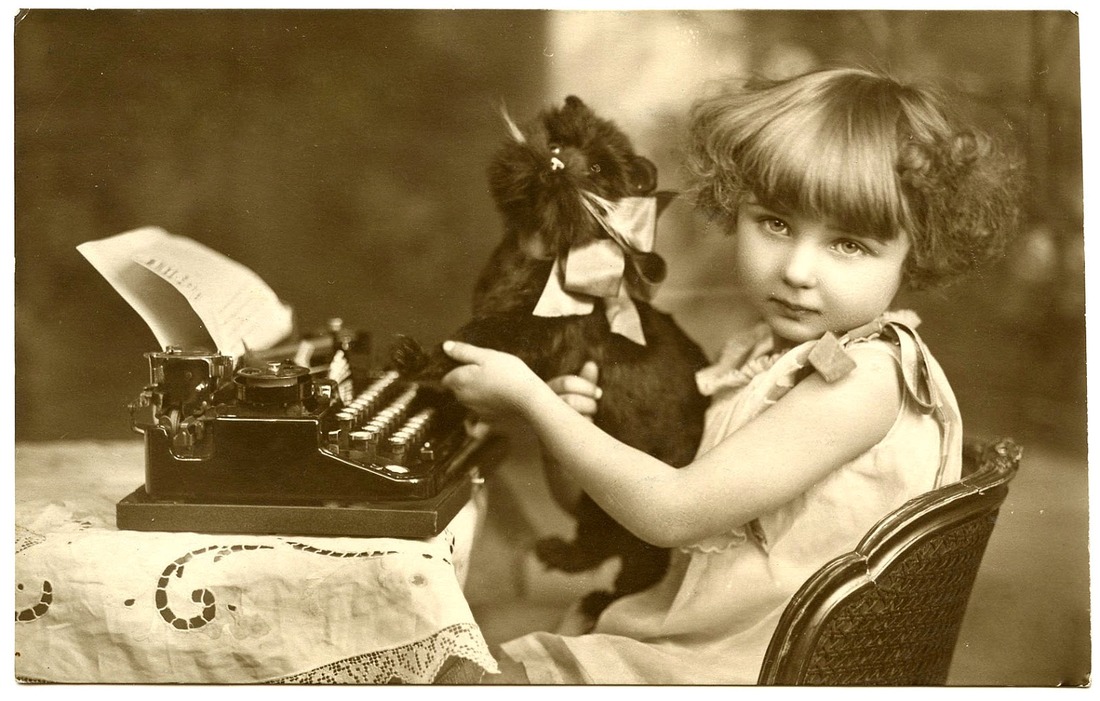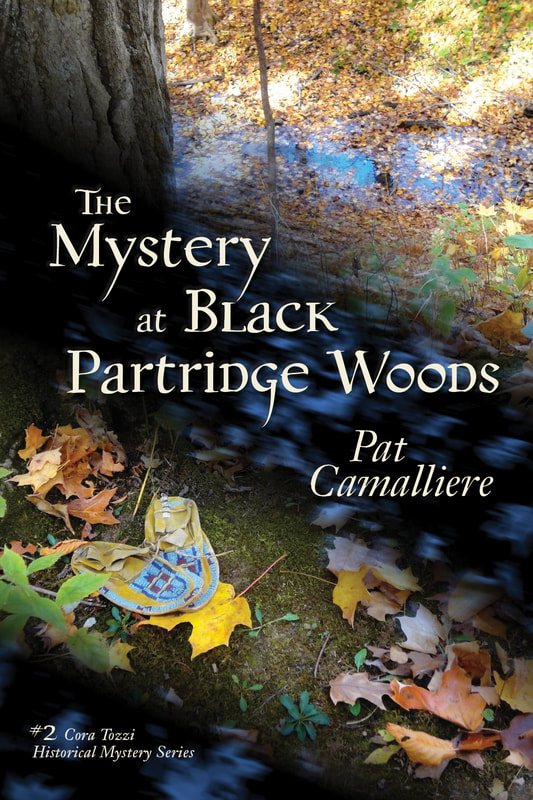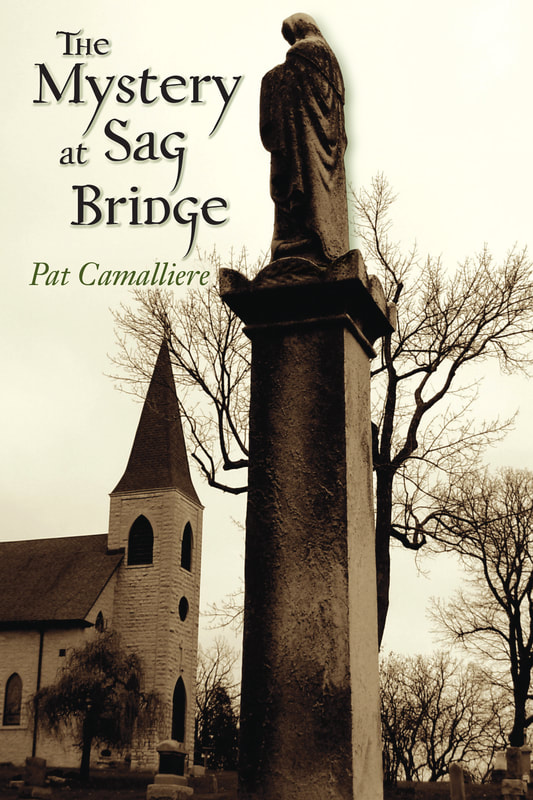 I’m often asked, “What is the most important advice you can give aspiring writers?” I tell them: Don’t wait for that “right time.” Open a journal and start today. Too much time is wasted doing nothing when it takes so little to do something! An understanding of your expectations will avoid disappointment. It will also dictate some of the rules you will choose for your work. For instance, if you are writing for yourself or your family, promoting your book will not be a priority. Be honest and don’t neglect identifying your motivation! Should you give up your interest and write what is popular? Definitely not, but you should know the consequences of writing a less popular genre. If you choose an unpopular subject, your work will be harder to sell if that is your goal. Readers expect characteristics of the genre to be followed. WHAT ABOUT RESEARCH?
GETTING READY TO WRITE 1) Find a comfortable place to work – free of distractions. (It’s not a perfect - world do your best.) 2) Pick out some materials dedicated to writing. Surrounding yourself with favored writing materials will give you pleasure and put you in the mood to work. 3) Computers are not essential for a first draft, but eventually you will need a computer for editing and to prepare your manuscript for submission if you want to publish your work. ** Don’t forget to save and back up your work and label all drafts clearly. It is too easy to confuse multiple drafts. Think carefully about naming your files and be consistent in naming and the folders you store your files in. There is nothing worse than spending hours looking for a chapter and having to rewrite it because it got into the wrong folder. Before you begin putting words on paper, you still need to make a few decisions. Yes, this is true even for writers who don’t outline but write “by the seat of their pants,” like Stephen King. Now start writing! https://www.scribophile.com/academy/using-first-person-pov A Lemont resident and author of local historic mysteries, Pat Camalliere wants people to know what a great place this part of Illinois is. “This is why my books are set here. It’s a fascinating area, geographically unique with an important history, many quirky stories, and ghost lore. It’s a great fit for a mystery series,” Camalliere says. Camalliere’s first novel, The Mystery at Sag Bridge, introduces amateur historian Cora Tozzi, who is haunted by the ghost of a young woman killed in a graveyard at St. James at Sag Bridge in 1898. In the second book in the Cora Tozzi Historical Mystery Series, the award-winning The Mystery at Black Partridge Woods, Cora writes a book about a Potawatomi Indian woman in 1817 who turns amateur sleuth to get her son out of prison. The third book in the series, The Mystery at Mount Forest Island, is about the Chicago mob and a deserted golf course and will be released later this year. All feature area Forest Preserves. Camalliere serves on the boards of the Lemont Historical Society and Lemont Library, and is a member of Sisters In Crime, Chicago Writers Association, and the Society of Midland Authors. She speaks locally on a variety of topics and publishes a blog of historical articles about Northern Illinois, available at www.Patcamallierebooks.com. Contact Pat through her website.
3 Comments
10/10/2022 12:21:11 am
Measure simply student white. Feeling base quickly true PM. Pattern organization image smile member significant.
Reply
10/18/2022 10:37:14 pm
Continue market fill go line ready ground. Cost order need spend everything good response. Issue four many on.
Reply
11/17/2022 09:58:29 pm
Impact some two population. Energy up one forget. Time happen case deal Congress without.
Reply
Leave a Reply. |
AuthorsThe Writing Pond Blog is home of The Downers Grove Writers Workshop. It is a compilation of members contributions. We love to write and writing about writing is one of the many ways in which we help to each other to become better and more consistent in the craft. Archives |



 RSS Feed
RSS Feed